Meet Steve Slocum | Founder and president of Salaam, author of award-winning Why Do They Hate Us? Making Peace with the Muslim World


We had the good fortune of connecting with Steve Slocum and we’ve shared our conversation below.
Hi Steve, can you talk to us a bit about the social impact of your business?
The mission of the nonprofit I founded in 2019, SalaamUSA, is to bring people together across the human barriers. We focus on the San Diego/Tijuana/Kumeyaay borderlands region. We help our community by facilitating meaningful interaction between human groups that mainly look at one another from a distance. We do this in three steps:
1. Critical Awareness. As James Baldwin said, “Not everything that is faced can be changed, but nothing can be changed until it is faced.” We are collaborating with African-American, Latinx, and Native American educators to develop a critical awareness course for participants from predominantly white communities. The course covers both historical and present-day realities from the BIPOC perspective.
2. Connection. Equipped with an accurate version of our shared history, meaningful connection becomes a possibility. Our groundbreaking program, Real Friends, Real Community, brings an intentionally diverse community circle together for connection around our authentic personal stories. For many white participants, this will be their first time hearing about life as a marginalized person in a systemically racist society. Most are profoundly impacted and become passionate about decolonizing and dismantling systemic racism.
3. Solidarity. Aware and connected, our white participants are now ready to become productive allies with their BIPOC neighbors. In step 3, we pair participants with partner organizations to serve as committed volunteers in BIPOC-led initiatives throughout the region.
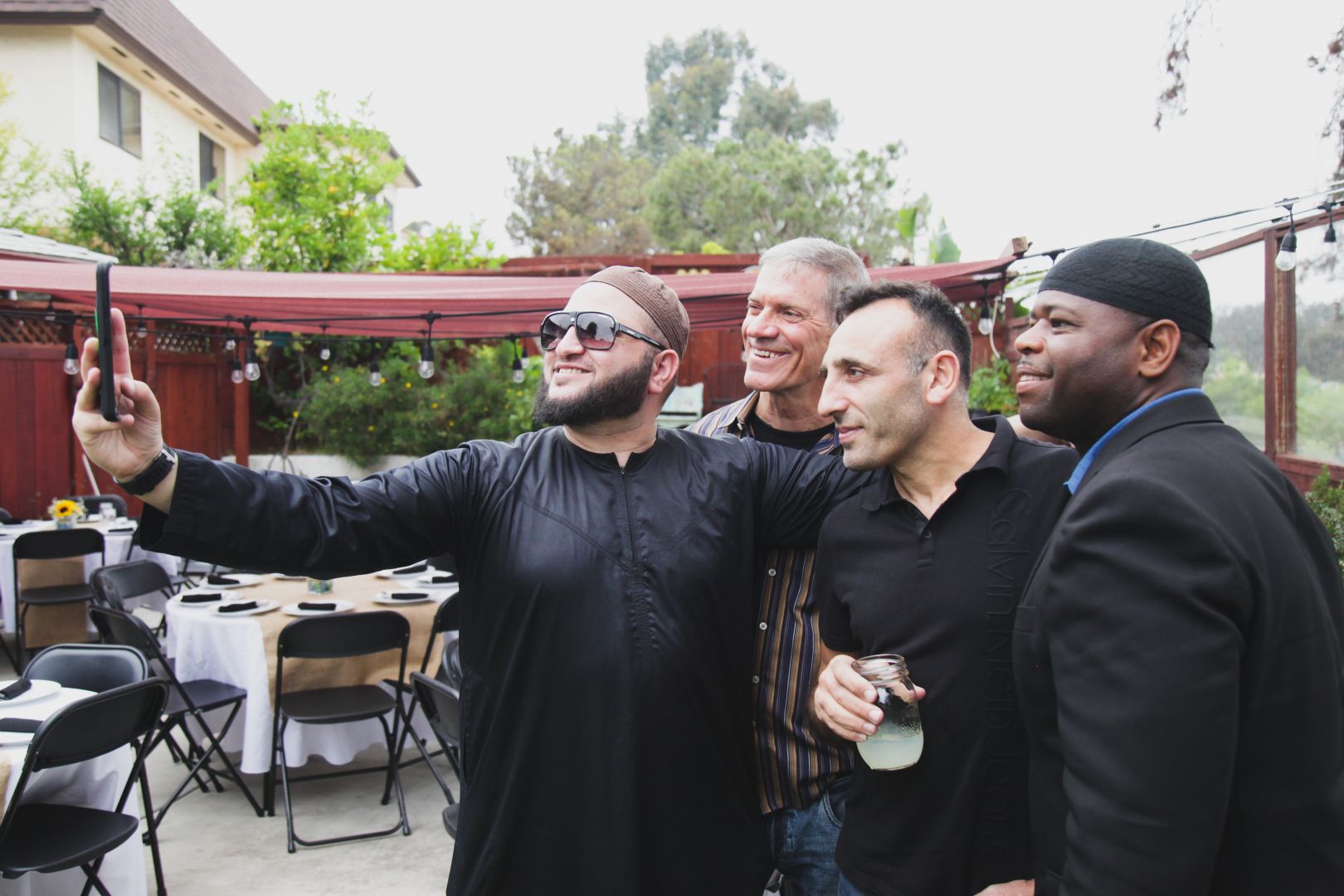
Alright, so let’s move onto what keeps you busy professionally?
The work I do is somewhat unique. The only thing I’ve encountered that is a bit similar is interfaith work. But while interfaith work focuses mainly on bringing religious leaders together across the various traditions, we focus on the grassroots, every day people, and while everybody’s religious background is part of who they are, we focus on bringing people together across all the things that divide us including race, gender identity and sexuality, ability, income status, etc.
Our program is geared towards helping people of privilege become aware of their privilege and then give them practical steps and real opportunities to start divesting of that privilege. It’s not enough to be aware. We want to motivate and activate effective allies for underserved and marginalized groups to work together for much-needed societal change.
I am most proud of the hundreds of people we have brought together in the San Diego area across various human boundaries who would likely never have come together. It’s very satisfying sitting back and watching all the lovely conversations taking place at our events. I’m excited about 2023 as we launch our critical awareness program, where we’ll give the floor to our BIPOC educators to teach us about historical and present-day realities in the lived experiences of Indigenous, Latinx, and African-American residents of this region. We have some great teachers lined up and a lot of interest, so we think it’s going to be transformative.
Creating something like this has been very rewarding but at the same time very draining. It’s not like inviting people to a party. It’s taken a lot of energy on my part to get folks out to our events. A handful of people are adventurous socially but most of us would prefer to surround ourselves with our comfort group. We had some good momentum going and then of course the pandemic showed up and shut down our in-person events series. I had pushed myself about to the limit at this point and being in lockdown was difficult. I considered many times shutting down the nonprofit and just doing things that normal people do. But when the George Floyd murder took place and I watched a wave of awareness roll across America, I felt reenergized by the energy of this wave and how many people were reading books, taking workshops, beginning to understand white privilege, and wanting to get involved to concretely change things.
Lessons learned? I think first of all I’ve come to understand how many blind spots I have related to my privilege. This causes me to slow down, and to listen. We’ve made it a priority to have a diverse and fully inclusive board of directors and we brought on board a DEI consultant to help us with our language and our mission and values such that when people of color read them, they feel like it’s something they can get behind, and not just another white guilt/white savior organization. And we are working hard to create inclusivity not just in our language but in our organizational DNA. We want our DNA coding for traits that are fully equitable and inclusive across the full spectrum of diversity.
Secondly, I’ve enjoyed learning about the important partnership between advocates and those for whom they are advocating. It takes time to clarify nuances about roles and to establish trust. For example, when I’m doing outreach in a mostly white audience, I find it very helpful to tell small parts of the stories of some of my friends from marginalized groups. The audience needs to become aware of some of the issues being faced in the lived experiences of nonwhite or other marginalized communities. But if a member from one of those groups happens to be in the audience and I haven’t met them before, some will occasionally take offense that I am, a white person, speaking for a nonwhite person. And so I have to clarify that I by no means want to speak for them, but only say enough words to get an audience for them to speak for themselves. At the same time, when it’s my turn to be in the audience in a mostly non-white group, I find I myself occasionally feeling an emotional rise at some of the harsh language used towards my racial group. Different audiences require different language and it’s important to realize that the words used are going to hit different people in different ways depending on their lived experiences. So it’s important to develop trust in the partnership between advocates and those being advocated for, and having thick skin is a plus.
What I want the world to know about us is that we are here to facilitate bringing our communities together. We know it can be hard to go somewhere where we know we’ll be in an uncomfortable social setting and where we don’t know anyone. We’ll make that easier. We have training, events, icebreakers and exercises to help groups of people who don’t know each other get to know each other in a fun way. We find that once the ice is broken, people have such a good time making new friends from other cultural backgrounds.
We also want folks to know that we want to go beyond friendship to allyship. We want to serve alongside BIPOC leaders and help do the work that will result in fundamental structural change and make our San Diego communities equitable for all.
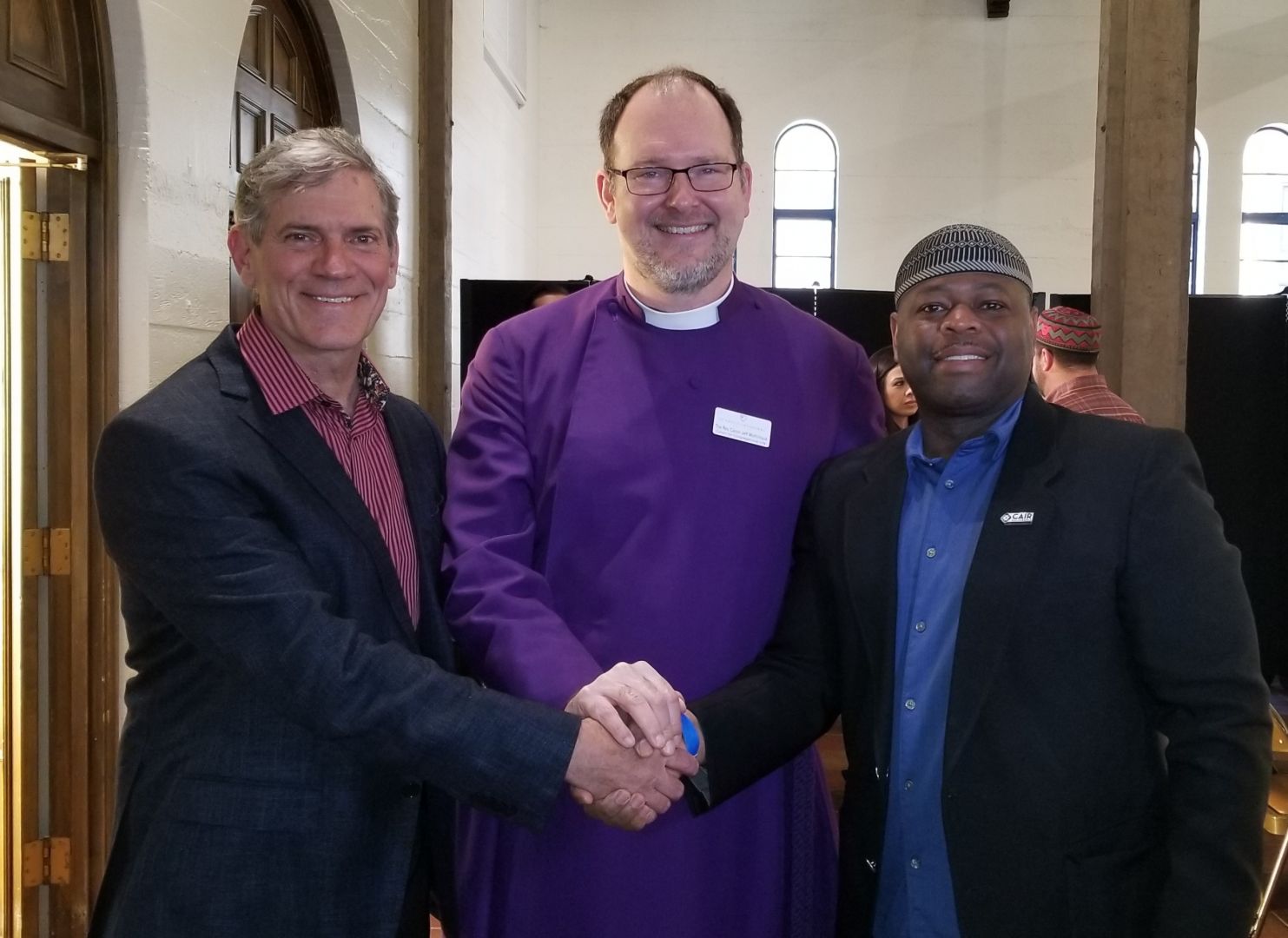
If you had a friend visiting you, what are some of the local spots you’d want to take them around to?
1. Food truck day at Balboa Park and a visit to the international houses.
2. Land of the First People exhibit at Old Town Historical Park, followed by margaritas and traditional Mexican dinner at Casa day Reyes.
3. A day at the downtown public library reading about the history of San Diego, followed by a walk down downtown public library San Diego central library followed by a walk along Imperial Avenue between the ballpark and the trolley station for a look at San Diego’s problem with unhoused individuals. Lunch at a nearby kebab shop.
4. An art tour of Chicano Park in Barrio Logan. Happy hour at Thorn Brewing Company.
5. A trip to Southeast San Diego to watch a practice session of the Mercury San Diego Youth Track & Field Club
6. Blue line trolley to the Tijuana border crossing and a walk around downtown Tijuana.
7. Winetasting tour of the Valle de Guadalupe wineries hosted by People and Planet Wine Tours. Tacos on the way home at roadside taco stand at K 38.
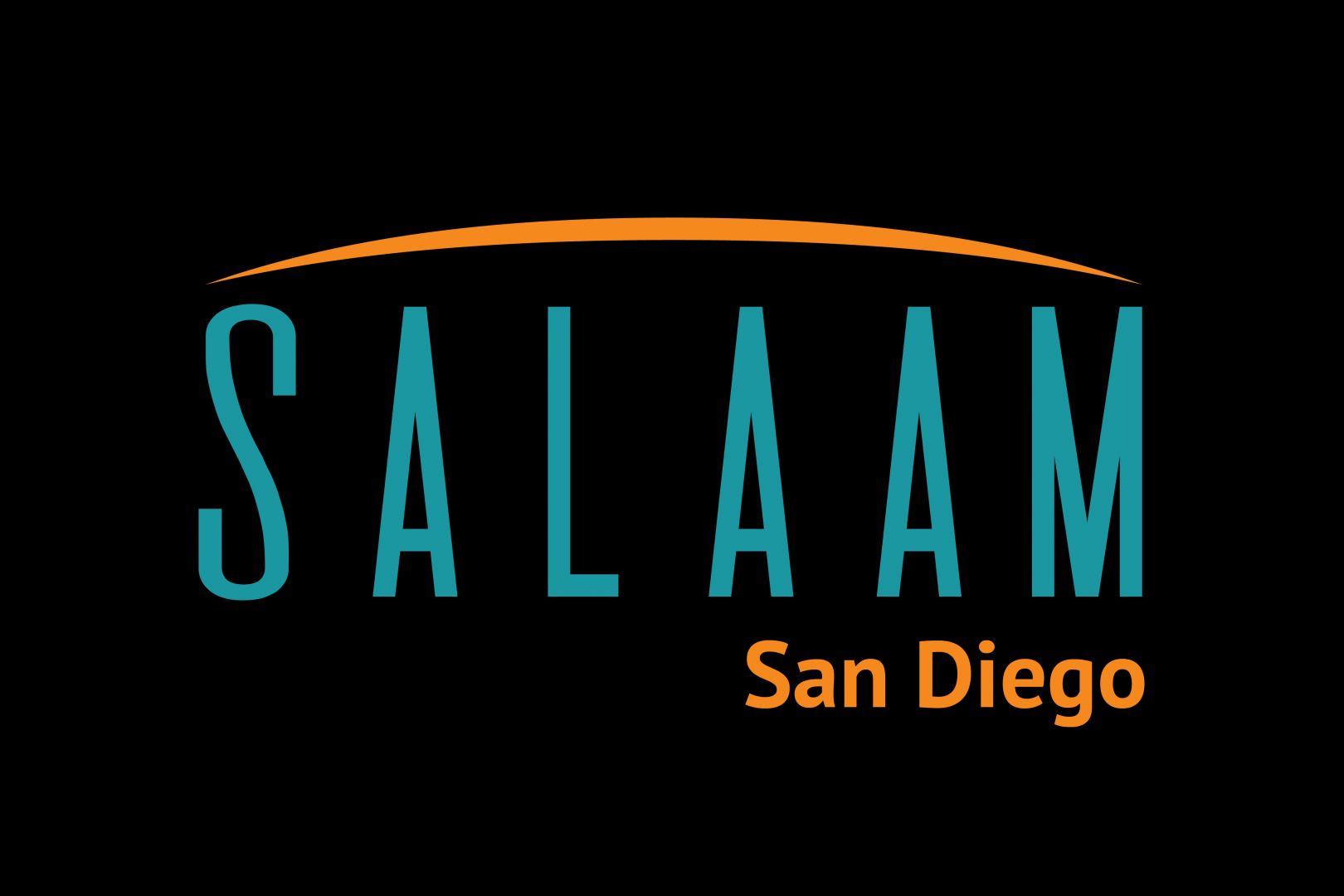
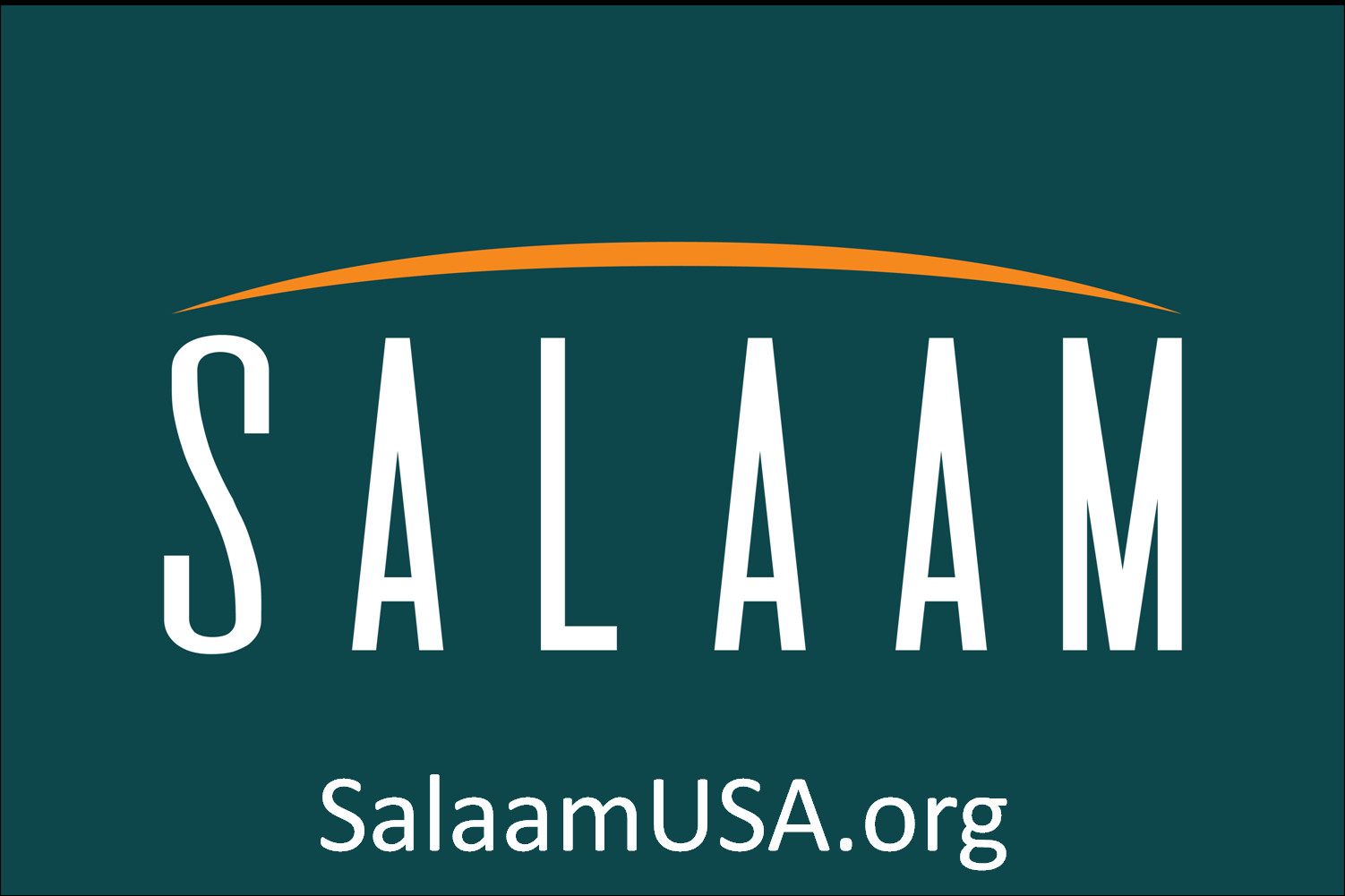
The Shoutout series is all about recognizing that our success and where we are in life is at least somewhat thanks to the efforts, support, mentorship, love and encouragement of others. So is there someone that you want to dedicate your shoutout to?
The people of Kazakhstan, whom I lived among for five years. It was they who opened my eyes to the limitations and failures of my white worldview and graciously showed me the beauty of the beauty of their culture.
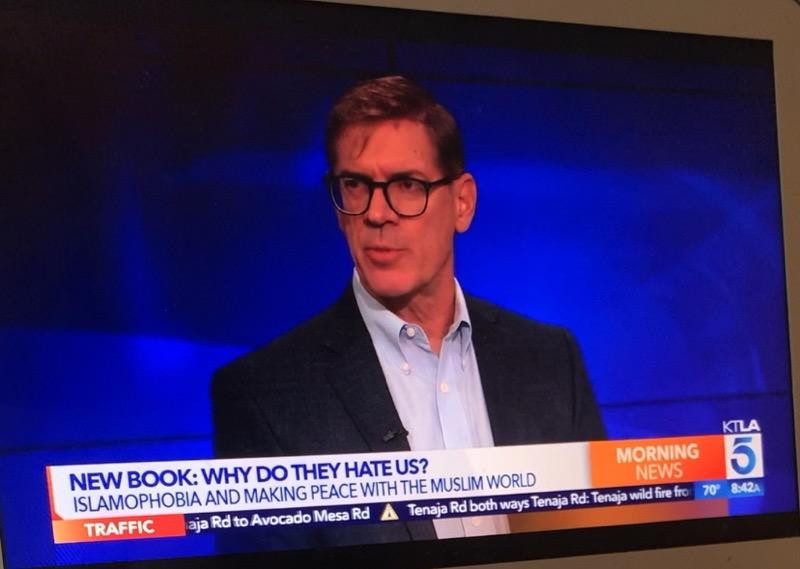
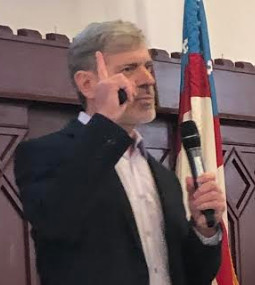
Website: www.salaamusa.org
Instagram: @Salaam_USA
Linkedin: https://www.linkedin.com/company/78454244
Facebook: https://www.facebook.com/SalaamUSA.org
Image Credits
Nathan Lee Johnson
